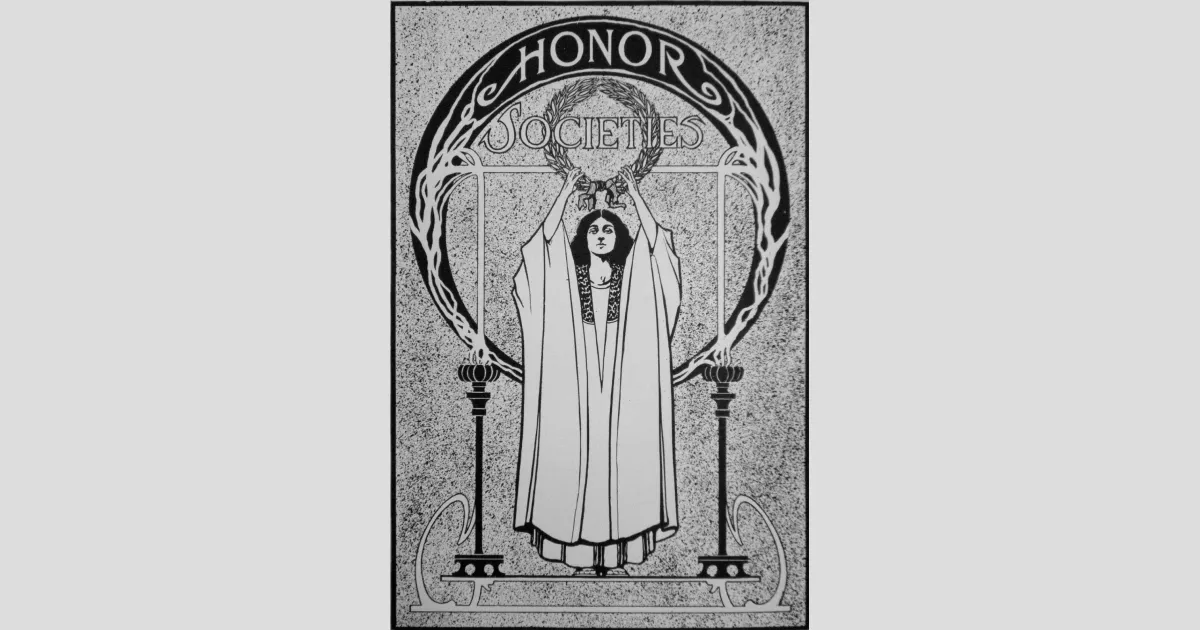Honor societies in the United States recognize individuals exceeding specific standards in academics, leadership, and other achievements. These organizations acknowledge excellence among peers in diverse fields. While the term most often refers to scholastic honor societies recognizing academic or leadership merit, it also encompasses other types of societies. For example, the Order of the Arrow serves as the National Honor Society of the Boy Scouts of America.
1918: Establishment of Mortar Board
In 1918, Mortar Board, the first national honor society for women college seniors, was established.
1925: Formation of ACHS
In 1925, the Association of College Honor Societies (ACHS) was formed to establish and maintain standards for honor societies.
2005: Founding of Bouchet Graduate Honor Society
In 2005, Yale University and Howard University founded the Bouchet Graduate Honor Society to recognize racially diverse scholars, differing from traditional societies by focusing on self-nominations and requiring a Ph.D. or Ph.D. track.
Trending

Nathaniel Jasper Tank Dell Jr is a professional American football wide receiver currently playing for the Houston Texans in the...

8 months ago Multiple Shootings in Houston Leave Several Wounded and Three Dead Overnight
2 months ago Mack Hollins' Halloween Bishop Costume Causes Frenzy Before Patriots-Browns Game

6 months ago Kai Cenat: Twitch Star's Brand Launches in Target, Co-owns Mansion with Tony Parker.

2 months ago Rose Bowl Sues UCLA over Alleged Attempt to Move Games to SoFi Stadium.

9 months ago Calipari's Departure Impacts Kentucky, Arkansas, BYU, Texas Tech Game Clock Malfunction in Sweet 16
Popular

XXXTentacion born Jahseh Dwayne Ricardo Onfroy was a controversial yet...

Stranger Things created by the Duffer Brothers is a popular...

Candace Owens is an American conservative political commentator and author...
The Kennedy Center Honors are annual awards recognizing individuals and...

William Franklin Graham III commonly known as Franklin Graham is...

Ben Shapiro is a prominent American conservative political commentator media...
